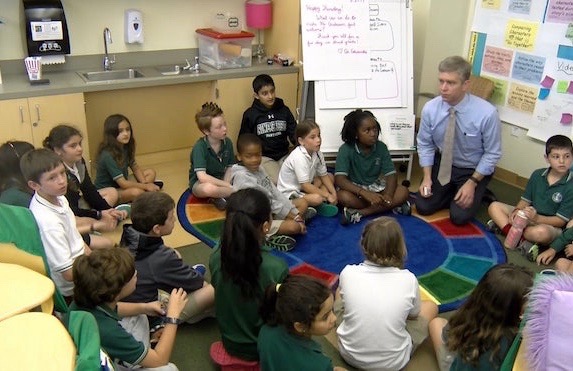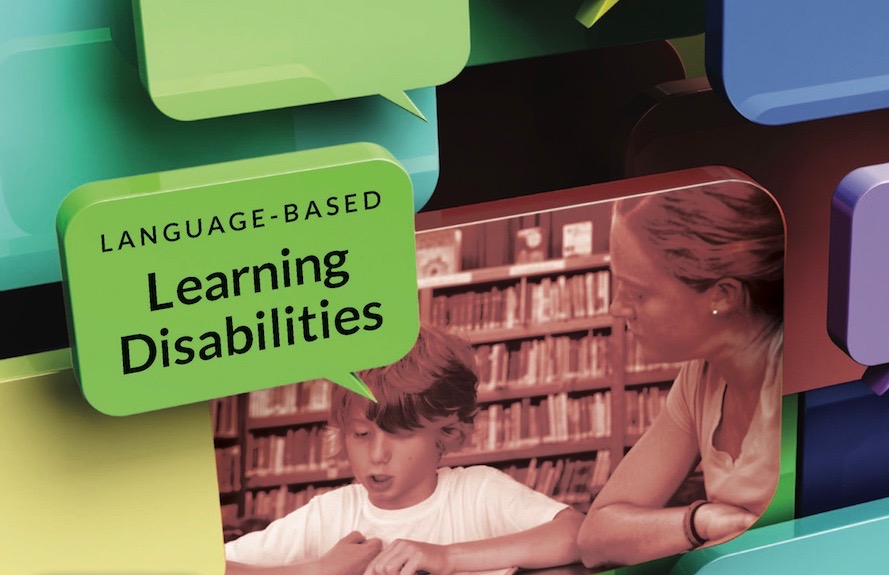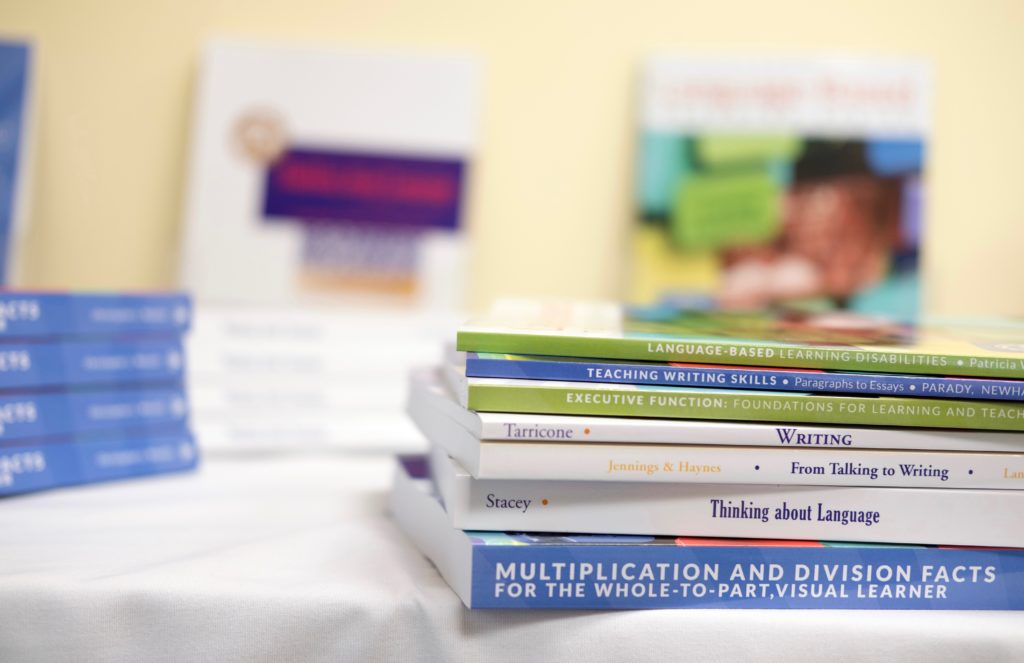Filter resources by:
Select a filter from the drop down menu to apply the filter. Page reloads upon selection

Feb 1, 2018
Meet the Authors: From Talking to Writing, 2nd Edition
by Terrill Jennings and Dr. Charles Haynes
Read Blog
Jan 25, 2018
Mindfulness in the Classroom
Why Teach Mindfulness? Study outcomes suggest that mindful meditation decreases anxiety and detrimental self-focus, which, in turn, promotes social skills and academic success for students with learning disabilities (Beauchemin, 2008). Research over the years has identified benefits of mindfulness in each of the following areas: Social emotional health: The practice of mindfulness helps students to increase
Read Strategy
Dec 12, 2017
Self-Management (Social Emotional Learning)
What Skills are Associated with Self-Management? To possess self-management, one must develop the following skills and abilities: Impulse control – Impulse control relates to the idea of delayed gratification. This refers to the ability to distract oneself from a desire in order to delay that impulse. Impulse control, then, is the ability to not act on
Read Strategy
Nov 16, 2017
Self-Awareness (Social Emotional Learning)
What Skills are Associated with Self-Awareness? In order to be self-aware, one must be able to do the following: Identify emotions – It is important that students be able to recognize and identify emotions. In order to be aware of their own emotions and participate in activities that address those emotions, they must first be
Read Strategy
Oct 19, 2017
What is Social-Emotional Learning (SEL)?
Why Social-Emotional Skills? According to a study by Beauchemin et al, students with learning disabilities often have higher levels of anxiety, more school-related stress, and less optimal social skills compared with their typically developing peers. More specifically, Rick Lavoie addresses a list of social-emotional challenges for students with learning differences in his article, “Social Competence
Read Strategy
Jun 16, 2017
What are Language-Based Learning Disabilities (LBLD)?
Like all learning disabilities, LBLD results from a combination of neurobiological differences (variations in the way an individual’s brain functions) and environmental factors (e.g., the learning setting, the type of instruction). The key to supporting students with LBLD is knowing how to adjust curriculum and instruction to ensure they develop proficient language and literacy skills.
Read Strategy
May 18, 2017
Using Appropriate Technology to Access Curriculum
May 18, 2017 Technology Review While there are a variety of technological tools that can be used to aid students as they access curriculum, technology should never replace skill instruction. Teachers should be intentional about which programs and apps they choose to incorporate, as well as how they plan to utilize them within their lessons. Technology
Read Strategy
Feb 8, 2017
Landmark’s Six Teaching Principles™
Teaching Principle #1: Provide Opportunities for Success Providing students with opportunities for success is key. Failure and poor self-esteem often result when teachers challenge students beyond their ability. Landmark begins teaching students at their current level of ability. This approach improves basic skills and enhances confidence. As Landmark teachers introduce each new skill, they provide
Read Strategy
Sep 13, 2016
Lesson Planning Strategies
Strong lesson planning strategies are the cornerstone of good teaching. Many of our resources have focused on working memory and processing speed under the umbrella of Executive Function. Within those two topics, the role of anxiety and the fundamentals of Cognitive Load Theory have also been introduced. Executive Function: Dr. Thomas E. Brown’s article explores
Read Strategy